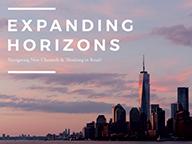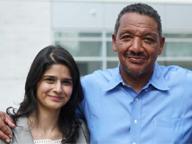Student Club Events
—
Tenth Annual Luxury & Retail Conference: Expanding Horizons
—

On Friday, October 14, the Luxury & Retail Club will hold its tenth annual conference, themed "Expanding Horizons: Navigating New Channels and Thinking in Retail."
Student Club Events
—

On Friday, October 14, the Luxury & Retail Club will hold its tenth annual conference, themed "Expanding Horizons: Navigating New Channels and Thinking in Retail."























